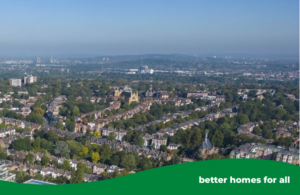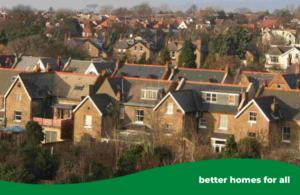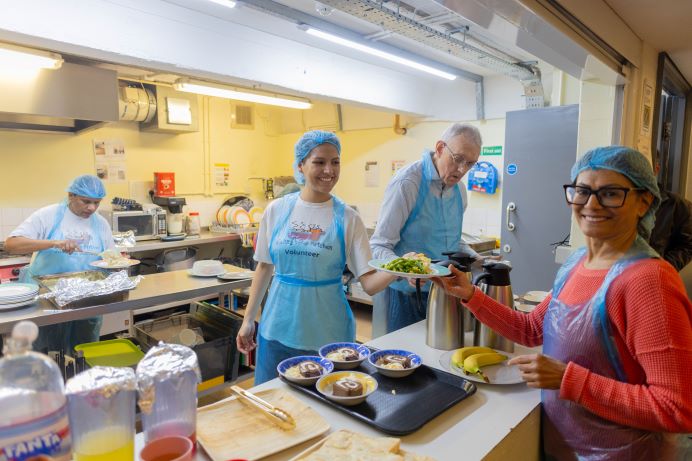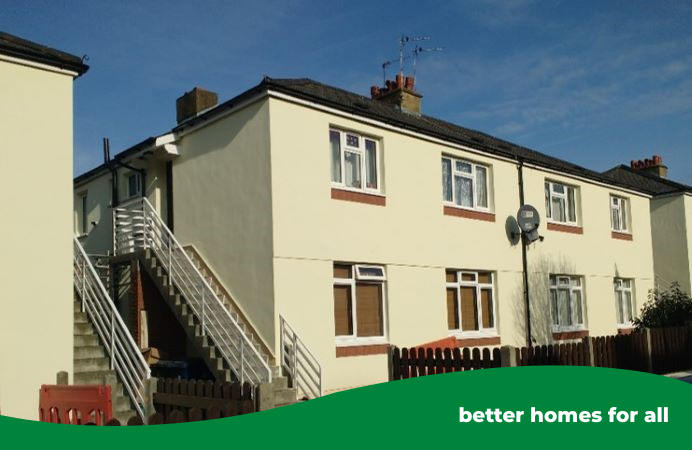Although inflation has started to come down, the cost of living crisis continues to have a real impact for our most vulnerable, low-income residents.
Councillor Steve Donnelly is Ealing Council’s lead member for an inclusive economy. He said: “The Christmas period is one of the most expensive times of year for a lot of families. Some local people’s personal finances were already at breaking point even before Christmas, and January can be a very difficult month for lower income families.
“We are determined to provide as much help as we can to our most vulnerable households. Help is available through a variety of sources. We’ve put together a list of 10 things you can do today if you are struggling to make ends meet.”
Benefits
Many working people are eligible for benefits but do not claim them. You can find out what benefits you could claim and how they would be affected by changing the hours you work by using this simple calculator.
If your income has been reduced because you are unable to work or you are working fewer hours, you can apply for Universal Credit (UC) online or by calling 0800 328 5644. UC has replaced the old system of working-age benefits, such as housing benefit, and includes financial help towards your rent.
If you receive help with your housing costs in your UC and you are still struggling to pay your rent, you can also apply for a discretionary housing payment, which the council can make if it considers that extra help is needed.
If you receive certain benefits, including UC and Pension Credit, you may already have received cost of living payments totalling £650 in 2022. A third and final payment of £299 will be made to your account between 6-22 February. These are automatic payments with no applications.
Managing your finances
The council’s local welfare assistance team can help you manage your finances with free personal budgeting support. If you’re in crisis, you can apply for a special one-off payment.
Community organisations such as Nucleus can help with financial management and debt issues, while AGE UK offer specific support for older people.
Money saving expert Martin Lewis has produced a free personal finances handbook, which explains the basics of managing your budget. The book will help you understand the difference between spending on a debit card and a credit card, and explain how things like savings, pensions, benefits, and mortgages work. Download your copy here.
Food banks – and money banks
To access one of Ealing’s foodbanks, please call 0808 2082 138 for free (open Monday to Friday, 9am-5pm) to talk confidentially with a trained adviser. If needed, they’ll issue you with a voucher for an emergency food parcel from your local food bank. The council’s community hub team will be present at St Mellitus food bank in Hanwell every Wednesday morning. The team will be able to help with general advice about council services, including making appointments for residents to meet the local welfare assistance team.
Ealing residents struggling to get a bank account or an affordable loan can apply to the not-for-profit London Community Bank. It has products especially designed for people with poor credit ratings, including single parent families or the unemployed. Find out more by calling 01895 250958.
Utilities
If your household is on a low income, you may qualify for a 50% discount on your water bill through the Thames WaterHelp scheme. For more information call 0800 009 3652.
Still looking for help?
Ealing Council’s website has a dedicated page which brings all the options for support together in one place.
Are money worries affecting your mental health?
Struggling with money and debt can be a stressful and lonely experience. It’s important to remember that you’re not alone, and that this is a challenging time for many people. Sorting things out might feel overwhelming, but you should know that there is support available.
The Samaritans provide a confidential support service for anyone experiencing distress or despair. Call 116 123 for free.
The mental health charity Mind also offers advice on a huge range of mental health topics. Call 0300 123 3393.
Tell us how to get in touch with you
Extra support and grants sometimes become available, and we need your help to make sure it gets where it is needed most.
If you or someone you know are financially vulnerable with a low income, please make sure we have up-to-date contact details for you, including your mobile phone number and email address. Signing up for the council’s digital customer portal MyAccount will help us communicate quickly with you in a crisis.





